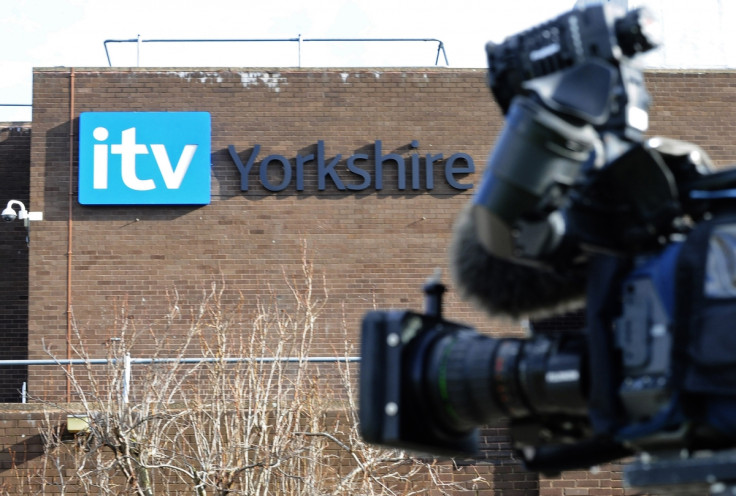ITV in £100m deal to buy TV business of Northern Irish network partner UTV

Commercial broadcaster ITV has announced that it has agreed to acquire the TV business of Northern Irish network partner UTV in an all-cash deal of £100m to strengthen its shift to drama and factual programmes made in Britain from reality television and entertainment. The deal, apart from giving ITV 13 of the 15 Channel 3 licences in Scotland, would allow the combined business to benefit from ITV's investment in content, ITV's advertising sales team and its broadcast infrastructure. The remaining two channel 3 licences in Scotland are owned by STV.
Adam Crozier, ITV's chief executive said: "We are pleased that they are joining the ITV family. We have a long-standing relationship with UTV, which has been the leading commercial broadcaster in Northern Ireland for many years thanks to its strong regional identity and blend of excellent local programming."
The deal follows a series of acquisitions made by ITV in the recent past primarily in the world of programme making such as Mammoth Screen, the maker of the BBC series Poldark. The radio businesses of UTV such as Radio GB and UTV Radio Ireland and its digital media businesses including Simply Zesty and Tibus Digital would be retained by UTV and won't be part of the deal, ITV said. Post the deal, UTV will rename itself to reflect its ongoing business in radio.
Chief executive of UTV Media, John McCann, said: "Becoming part of the ITV Family is by far the best way to take UTV's television business forward with an ongoing focus to provide brilliant television to viewers right across Ireland."
Citibank analysts opined that ITV was spending more than the average transaction multiples for a broadcast business for UTV, which has struggled in recent months and reported a loss of £3.3m in the first half of this year after launching a new channel for the Irish republic. However, they felt that cost synergies would come to play going forward, and result in broadly neutral earnings per share for ITV in the first year.
© Copyright IBTimes 2024. All rights reserved.





